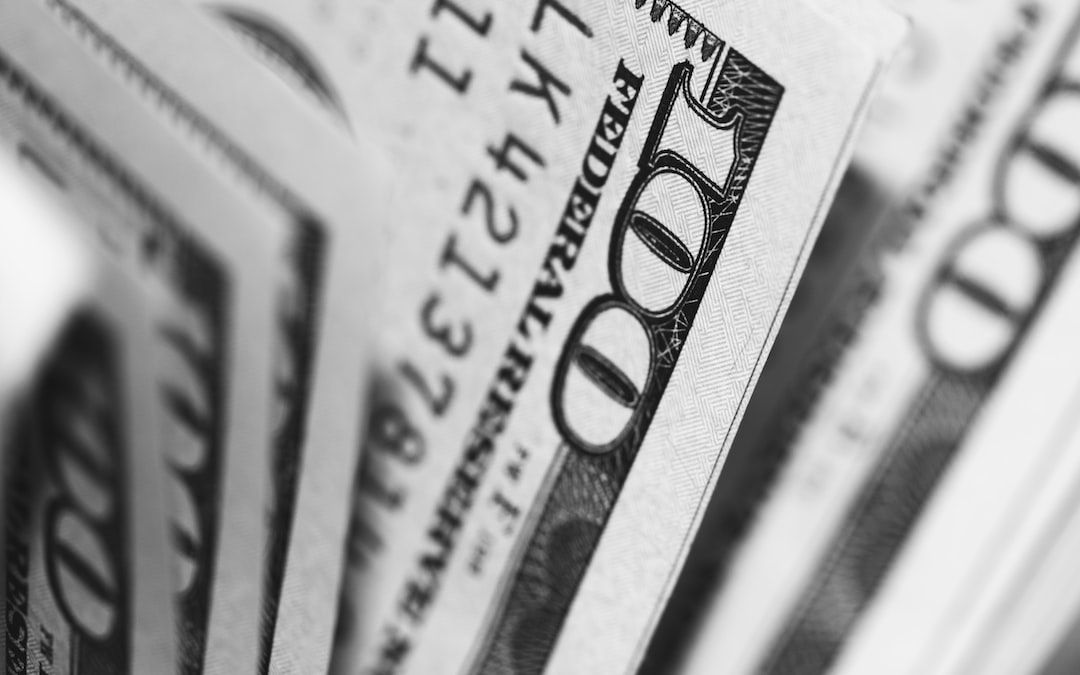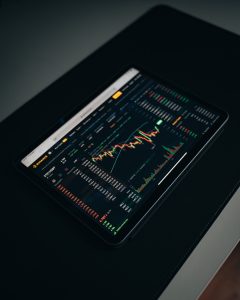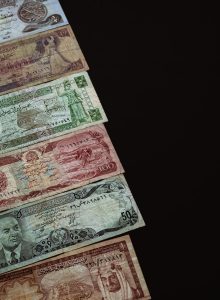Forex trading is a popular form of investment that involves buying and selling currencies with the aim of making a profit. One of the unique features of Forex trading is the use of leverage, which allows traders to control large positions with relatively small amounts of capital. However, many traders are often confused about whether they have to pay back the leverage they use in Forex trading. In this article, we will explore the concept of leverage in Forex trading and clarify whether traders have to pay it all back.
What is leverage in Forex trading?
Leverage is a tool that allows traders to control a large amount of currency with a small amount of capital. In Forex trading, leverage is expressed as a ratio, such as 1:50 or 1:100. This means that for every dollar of capital a trader has, they can control $50 or $100 worth of currency. For example, if a trader has $1,000 in their trading account and uses a leverage ratio of 1:50, they can control a position of $50,000.
Leverage is important in Forex trading because it allows traders to make larger profits with smaller investments. However, it also increases the risk of losses, as traders are effectively borrowing money from their broker to make trades. If a trade goes against the trader, they can lose more money than they originally invested.
Do you have to pay back leverage in Forex trading?
The short answer is no, traders do not have to pay back the leverage they use in Forex trading. When a trader opens a position using leverage, they are essentially borrowing money from their broker to make the trade. If the trade is successful, the trader keeps the profits and pays back the borrowed amount plus any interest or fees charged by the broker. However, if the trade is unsuccessful, the trader loses the money they invested and does not have to pay back the borrowed amount.
It’s important to note that while traders do not have to pay back the leverage they use in Forex trading, they are still responsible for any losses they incur. If a trader’s losses exceed their account balance, they may be required to deposit more funds to cover the losses. This is known as a margin call, and it is a risk that traders should be aware of when using leverage in Forex trading.
The role of margin in Forex trading
Margin is closely related to leverage in Forex trading. Margin is the amount of money that a trader needs to have in their account to open a position using leverage. For example, if a trader wants to open a position of $50,000 with a leverage ratio of 1:50, they would need to have $1,000 in their account as margin.
Margin is important because it acts as a form of collateral for the borrowed funds. If a trader’s losses exceed their account balance, their broker will close their positions to prevent further losses. This is known as a margin call, and it is designed to protect both the trader and the broker from excessive losses.
Conclusion
In summary, leverage is a powerful tool that allows traders to control large positions with relatively small amounts of capital. While traders do not have to pay back the leverage they use in Forex trading, they are still responsible for any losses they incur. It’s important for traders to understand the risks and benefits of using leverage in Forex trading, and to use it responsibly to maximize their profits and minimize their losses.





